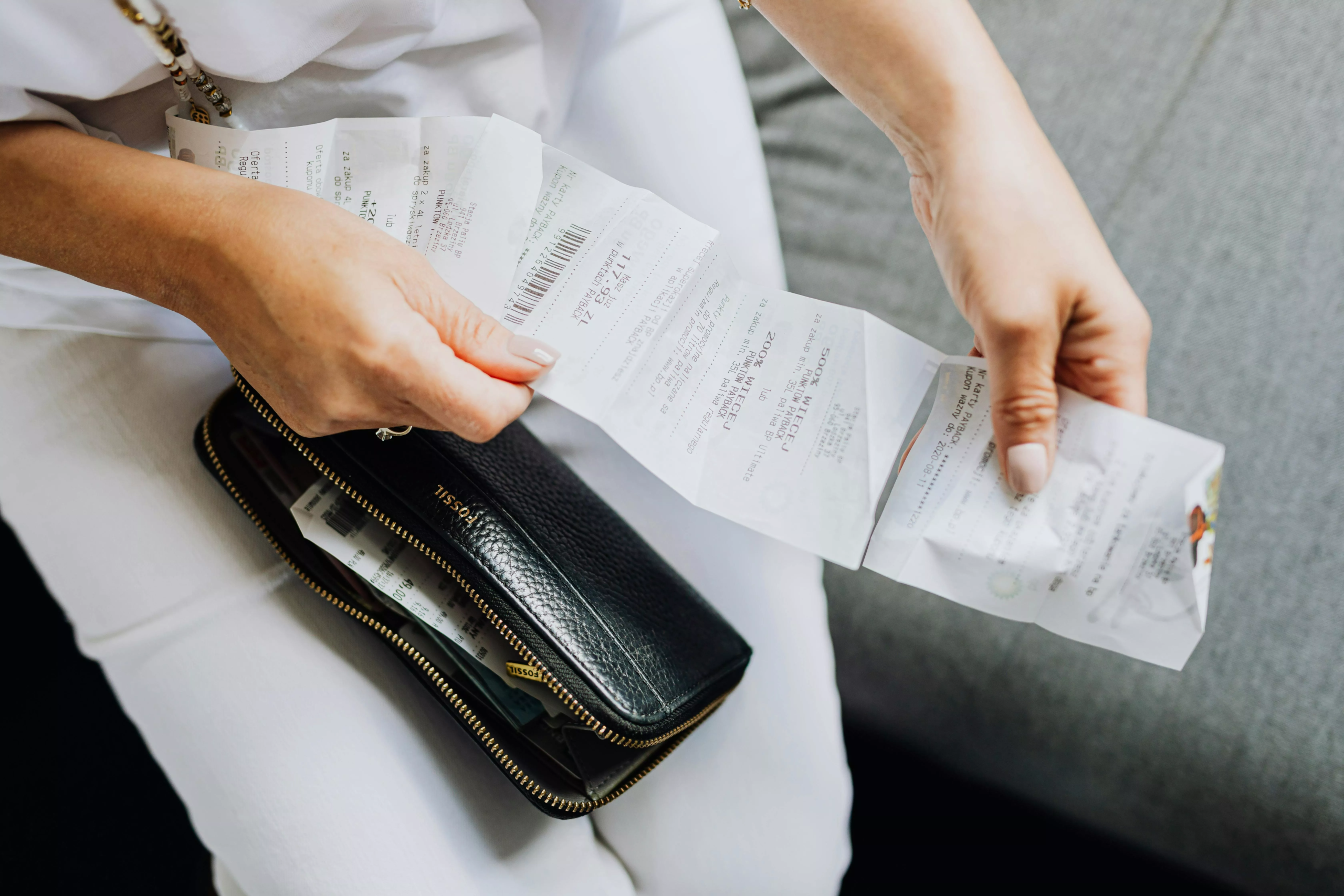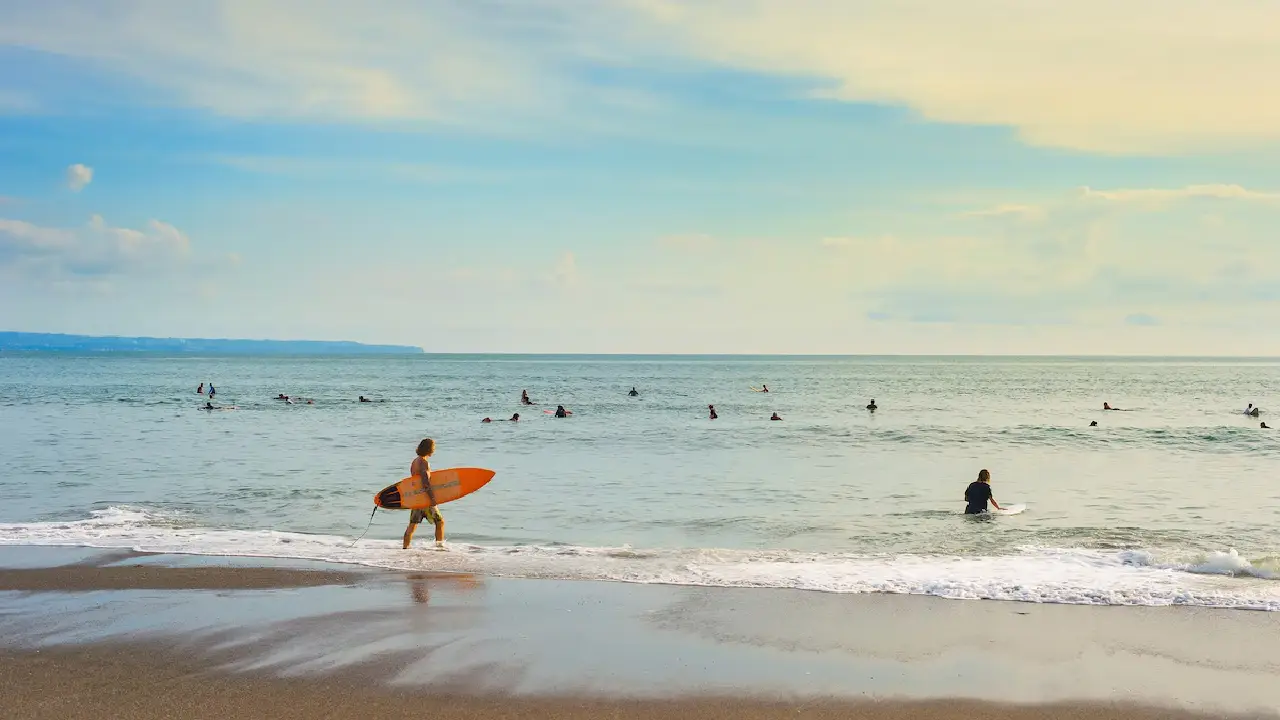Visiting Bali is always an unforgettable experience, from its stunning beaches to its vibrant culture. But beyond the island’s beauty, there’s one thing travelers should watch out for: “Bali Belly.”
Yes, many visitors—especially foreigners—have experienced it. It’s a type of stomach upset that can quickly turn your dream holiday into a not-so-fun adventure.
But don’t worry; it’s common, mild, and easy to treat. In this guide, you’ll learn what Bali Belly is, what causes it, and the best ways to recover fast so you can get back to enjoying paradise!
Key Takeaways
- Bali Belly is a mild form of traveler’s diarrhea caused by unfamiliar bacteria, viruses, or parasites in food and water—common among visitors whose bodies aren’t used to local microbes.
- Main causes include drinking tap water, eating raw or undercooked food, and exposure to Bali’s warm, humid climate that allows bacteria to grow quickly.
- Symptoms like stomach cramps, diarrhea, nausea, and mild fever usually clear within 1–4 days; stay hydrated, rest, and avoid dairy to recover faster.
- Prevention is simple: drink bottled or filtered water, eat freshly cooked meals, and maintain good hygiene (especially for kids and first-time travelers).

The Meaning of Bali Belly
The term “Bali Belly” can be a little misleading. It’s simply a form of traveler’s diarrhea, something that can happen anywhere in the world, not just in Bali.
Around the world, you might hear similar conditions referred to by other names, like "Bombay Belly", "Delhi Belly", "Montezuma’s Revenge", or "Rangoon Runs".
It usually occurs after eating or drinking something contaminated. For locals, the bacteria in the water and food are harmless because their bodies have adapted to them. But for visitors whose immune systems aren’t used to these microbes, a mild stomach illness can occur while the body adjusts.
Per the International Journal of Travel Medicine and Global Health, 20-50% of travelers to Bali experience it at least once during their stay. This sickness can strike even the most cautious travelers—again, because your immune system may not be used to these microbes.
Read More: Is the Bali Breakup Curse in Tanah Lot Real? Let’s Find Out
Symptoms of Bali Belly

If you come down with Bali Belly, your body will show familiar signs of stomach distress. These symptoms often appear within a few hours after eating or drinking something contaminated:
- Abdominal pain, bloating, or cramps that come and go.
- Nausea or vomiting, especially after meals.
- Frequent urges to use the toilet in a short period of time.
- Loose or watery stools that occur more often than usual.
- Mild fever accompanying the stomach upset.
- General weakness or discomfort throughout the body.
- Loss of appetite due to stomach unease.
Does the average person get deathly ill or suffer years of gastro problems from a visit to Bali? No.
Many travelers come to Bali and feel perfectly fine throughout their stay. Even if someone feels slightly off, symptoms are often mild—maybe discomfort or cramps.

What Causes Bali Belly?

Why do people get Bali belly? This traveler’s diarrhea happens when your stomach reacts to unfamiliar bacteria found in food or water. Even if you’re careful, your body may not be used to the local microbes, so a simple meal or drink can sometimes cause an upset stomach.
Here are the most common causes:
1. Drinking Tap Water
Tap water in Bali often contains bacteria that foreign visitors aren’t used to. Even ice made from unfiltered water can trigger Bali Belly. It’s always safest to drink bottled or filtered water, and use it for brushing your teeth too.
2. Eating Raw or Street Food
Eating raw, undercooked, or street food increases your risk, especially if it’s been sitting out in warm weather. Common culprits include salads, seafood, and unpasteurized dairy. Choose freshly cooked meals served hot to stay safe.
3. Bacteria, Viruses, and Parasites
Most cases are caused by bacteria like E. coli, Salmonella, or Shigella. Sometimes, viruses such as norovirus are to blame, while in rarer cases, parasites can cause longer-lasting stomach problems.
4. Bali's Warm and Humid Climate
Bali’s tropical climate helps bacteria grow faster, which means germs can spread more easily—especially in food that’s not stored or cooked properly.
Read More: Bali Villa Rental Prices Per Month and Long-Term (2025)
How to Cope with Bali Belly

The good news is that Bali Belly usually goes away on its own. Most people recover within a day, though in some cases it can last up to a week. Here are a few treatments that can help you feel better fast:
- Charcoal Pills and Imodium: Activated charcoal helps absorb harmful bacteria, while Imodium can slow diarrhea and provide relief. Always check with a healthcare professional before using these.
- Avoid Imodium if You Have a Fever: If you have a bacterial infection, your body needs to flush it out naturally. Using anti-diarrhea medication too early can prolong recovery.
- Stay Hydrated: Drink plenty of bottled or filtered water. Bali’s heat can make dehydration worse, so rest and keep your fluid intake high.
- Electrolytes: Use electrolyte drinks or rehydration salts to replace minerals lost from diarrhea or vomiting.
- Antibiotics (If Prescribed): Only take antibiotics prescribed by a doctor. Don’t self-medicate — unnecessary use can upset your gut and make symptoms worse.
- Anti-Nausea Medication: If you feel queasy, anti-nausea or motion sickness tablets can help ease discomfort.
- Avoid Dairy: Skip milk and dairy products while you’re sick, as they can make diarrhea worse.
How to Help Children Avoid Bali Belly
Kids are generally more vulnerable to getting sick, and dehydration can affect them faster than adults. That’s why it’s important to take extra care when traveling in Bali with little ones:
- If using formula milk, prepare it with bottled or properly boiled water. If tap water is the only option, make sure it’s boiled for at least five minutes before mixing.
- Keep them off the floor whenever possible. Use a stroller or help them stand, as floors can carry germs and bacteria.
- Encourage regular handwashing and remind them not to put their hands or toys in their mouths before cleaning them.
Read More: Is Bali a Safe Place to Live?
Can You Get Bali Belly More Than Once?
Yes, unfortunately getting Bali Belly once doesn’t make you immune to it in the future. There are many different types of bacteria and viruses that can cause the illness, so it’s always possible to catch it again.
The good news is, if you practice good hygiene and stay cautious with food and water, it’s unlikely you’ll experience it more than once during a short trip
Conclusion: Dealing with Bali Belly
Bali Belly can be unpleasant, but the good news is it’s usually easy to prevent. The simplest step is to avoid tap water and stick to bottled or filtered water instead.
If you do end up getting sick, don’t worry. Most cases clear up within a day or so, and you’ll likely be back to enjoying your Bali trip soon after.
However, if your symptoms get worse or last longer than expected, it’s best to see a doctor for proper treatment.
Want to start investing in Bali property?
Have a quick chat with our real estate experts for personalized advice on your Bali investments. No commitment required.
FAQ
1. How long does Bali Belly last?
In most cases, Bali Belly only lasts about a day, though some people may feel unwell for up to 3–4 days. If your symptoms continue beyond that, or if they become severe, it’s best to see a doctor as soon as possible.
2. Is Bali Belly contagious?
Yes, it can be contagious. The infection may spread through contact with contaminated stool. If a virus is the cause, it can also spread through other means like touch or shared surfaces.
3. Who should I see if I need help with Bali Belly?
Most cases clear up naturally within 24 hours. If symptoms are mild, you can visit a local pharmacy first. However, if your condition doesn’t improve after a day or you notice serious symptoms like blood in your stool, it’s time to see a doctor for professional care.
4. Is there a vaccine for Bali Belly?
There isn’t a specific vaccine for Bali Belly, but the oral cholera vaccine has been shown to reduce the risk of traveler’s diarrhea, including infections caused by E. coli. It’s safe for anyone aged two and above and is recommended by many doctors











